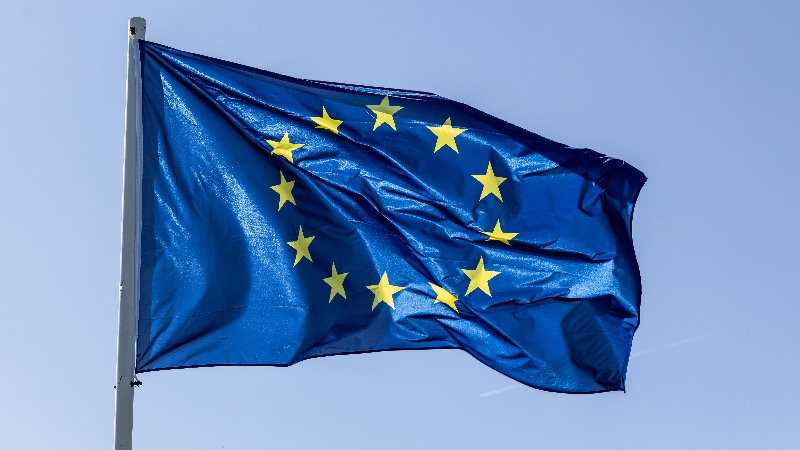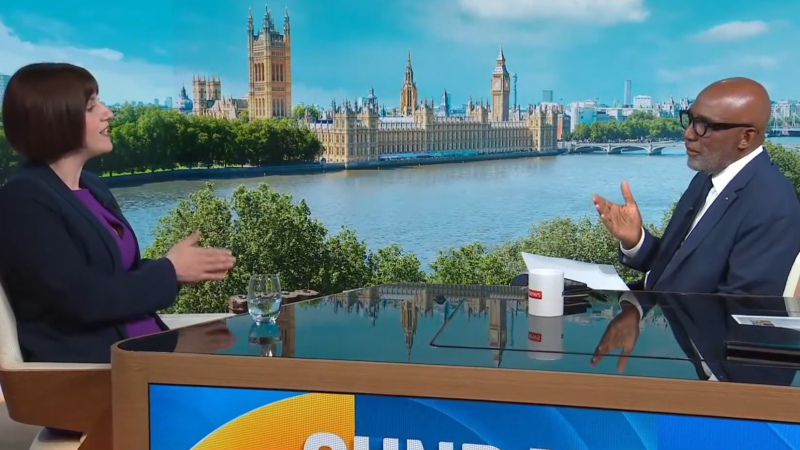 Image Credit: fhm / Getty
Image Credit: fhm / Getty U.S. press is covering the rise of the right in Europe, with the Wall Street Journal out with a piece over the weekend highlighting voter dissatisfaction, specifically people being fed up with migrants. Lackluster economies are also to blame, they say.
The paper points to the possibility of anti-immigration conservative parties entering government in the U.K., France and Germany, with right-wing politicians already leading in Italy, the Netherlands, and Finland.
In Denmark, despite having a more liberal government in place, the country has instituted a slew of policies to restrict migration and curb the rising problems stemming from it.
WSJ warns of rough waters ahead for the three European powers. Despite claiming national elections are years away, we have already seen French PM Francois Bayrou calling for a vote of no confidence, spurred by a severe budget crisis, this September, with many predicting Macron will not survive.
The verdict is clear: either these countries address the rising concerns from their citizens regarding the negative impacts of migration, from crime to welfare abuse, and focus on jobs and inflation or the right-wing figures so many elites have made a career out of hating will end up in power.
And the data proves it.
The latest Ifop poll has 68 percent of French saying Macron should step down if the government is dissolved, and 50 percent backing Jean-Luc Mélenchon’s position that he should resign now or be removed.
A May survey from Ifop gave National Rally’s Jordan Bardella a leading 31 percent of the vote in the first round of the next election, although many believe Le Pen may still run. Yet another poll conducted by Elabe for BFMTV and La Tribune Dimanche, the RN, in alliance with Union of the Right for the Republic (UDR), would take 31 percent of the first-round vote and even lead the second round.
Macron and his centrist “Together” coalition (Renaissance, MoDem and Horizons), would be the biggest losers in the election, with just 14 percent of the first-round vote, nearly 7 percentage points less than in 2024. Meanwhile, the conservative Les Républicains (LR) would get 10.5 percent.
Politico is out with a fresh piece that opens ominously: “If Prime Minister François Bayrou had hoped far-right leader Marine Le Pen would avoid bringing down France’s government because she is banned from running for political office, he sorely miscalculated.”
WSJ made sure to emphasize that RN has “exploited” worries about France’s Muslim population.
Over in the U.K., Nigel Farage’s Reform UK party is leading polls at 34 percent versus 18 percent for Labour and 15 percent for the Tories, in a clear dismissal of the Labour-Conservative rivalry that has always been so central to British politics.
New polling.
— Matt Goodwin (@GoodwinMJ) August 28, 2025
Reform 34%
Labour 18%
Tories 15%
Source – FindOutNow
27th August 2025 pic.twitter.com/ppNjss9hh0
Meanwhile, Germany’s Alternative for Germany (AfD), led by Alice Weidel, while first taking the lead in eastern Germany, is now posing a threat to the incumbent CDU, with the latest polling putting it 1 percentage point ahead of the Christian Democrats at 26 percent. Meanwhile, the SPD and the Greens are languishing at 13 percent and 12 percent, respectively.
BUNDESTAGSWAHL | Sonntagsfrage Forsa/RTL, n-tv
— Deutschland Wählt (@Wahlen_DE) August 26, 2025
AfD: 26%
Union: 25%
SPD: 13%
GRÜNE: 12%
LINKE: 11% (-1)
BSW: 3%
FDP: 3%
Sonstige: 7% (+1)
Änderungen zur letzten Umfrage vom 19. August 2025
Verlauf: https://t.co/f9MV7iZ8iJ#btw29 pic.twitter.com/W0DfOo7O9P



